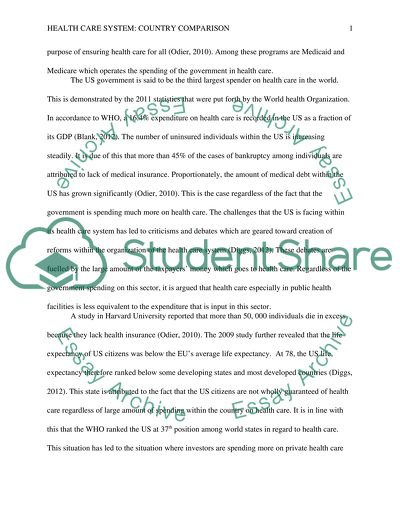Cite this document
(“Health care system: Country comparison Term Paper”, n.d.)
Retrieved from https://studentshare.org/health-sciences-medicine/1456021-health-care-system-country-comparison-fact-sheet
Retrieved from https://studentshare.org/health-sciences-medicine/1456021-health-care-system-country-comparison-fact-sheet
(Health Care System: Country Comparison Term Paper)
https://studentshare.org/health-sciences-medicine/1456021-health-care-system-country-comparison-fact-sheet.
https://studentshare.org/health-sciences-medicine/1456021-health-care-system-country-comparison-fact-sheet.
“Health Care System: Country Comparison Term Paper”, n.d. https://studentshare.org/health-sciences-medicine/1456021-health-care-system-country-comparison-fact-sheet.


